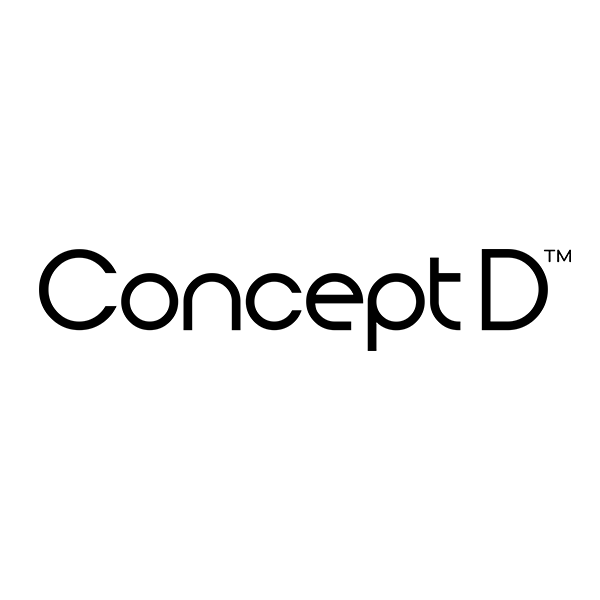Hello everyone
First of all, apologies for the long post. I thought it best to risk giving too much information as opposed to too little, so please bear with me!
My friend was having problems with his Aspire X1935 (running Windows 7 Home Premium) displaying the Blue Screen Of Death and other errors on an increasingly frequent basis. He is moderately PC-savvy and says he had tried running antivirus/spyware scans, disk cleanups and disk defrags without success. He asked if he could bring it over for me to look at it for him as the PC was becoming increasingly unreliable and he was worried about losing his data.
I connected a HDMI cable to a spare small TV/monitor followed by the PC's power cable, and the PC powered on immediately. By the time I had selected the correct HDMI source on the TV, I caught a glimpse of the "PC not powered down correctly" screen, and before I could change anything it attempted to boot to the default "start Windows normally" option.
To my surprise, the PC appeared to boot OK. Given the issues my friend had been facing, I decided to back up his data immediately in case it crashed. I copied some critical files manually to an external hard drive, then used the built-in Windows backup utility to back up as much as possible (including the system state option), to give myself the best chance of not missing anything important. I rebooted the PC after backing up to see if booting into Windows normally would work again, but this time I got the BSOD!
My friend's PC didn't come with any recovery discs, so my only option was to attempt an Acer Recovery by pressing Alt F10 while the PC was rebooting. I chose the option to erase the hard drive and reset the machine to factory settings as Windows appeared to have become corrupted, and I hoped that a "destructive" recovery would have the best chance of getting the machine back to normal.
Unfortunately, after the PC rebooted during the recovery process, I received a message telling me that a file was missing or corrupt, the file in question being ntoskrnl.exe. The message asked me to replace the file, but no matter how I tried with Windows 7 ISO's which I had downloaded legitimately via Digital River several years ago (using either USB sticks or DVD's I had created with the Windows 7 USB DVD Download Tool), I could not repair the installation with the System Repair tool. I either received an error message telling me that the media I was using didn't match the version of Windows I was trying to repair, or for some strange reason the tool seemed unable to detect the hard drive or Windows installation. No Windows installations were listed, and I was prompted to install a driver (presumably for the hard drive controller?).
In desperation I started searching through my collection of diagnostic discs I've amassed over the years, and came across a "Paragon Recovery" disc I created several years ago. I don't recall ever using it previously and wasn't sure what I was doing with it. I chose the option to scan the hard drive(s) for installed OSes, and selected what appeared to be the Windows installation created by the Acer Recovery utility. To my amazement, the installation booted and the recovery process continued! I thought that the Paragon disc had somehow automatically fixed the ntoskrnl issue, however when I attempted to boot from the hard drive after Acer Recovery automatically rebooted the system, the ntoskrnl message re-appeared. When I booted from the Paragon disc again, scanned for installed OSes and selected the Windows installation, the Acer Recovery process continued as if it had rebooted normally.
Acer Recovery restarted the system several times as part of the restoration process, and each time I used the Paragon disc to boot the Windows installation. It appeared to be bypassing the missing ntoskrnl file. However, when I tried to boot from the hard drive normally after the recovery process had finished, I still received the same error message. I was hoping that the issue would be resolved automatically during the recovery process, however that is not the case. I've tried using CHKDSK /R and SFC /SCANNOW in an attempt to resolve this issue with no success.
I'm currently in the situation of being able to boot into Windows using the Paragon Recovery disc, however I don't believe this is a suitable long-term solution for my friend as he should be able to boot his PC into Windows without using a CD-ROM. If nothing else I don't want to risk the Paragon disc being lost or stolen as it has allowed me to almost fix the PC!
Has anyone else come across a situation like this? If so, how did you resolve it please?









